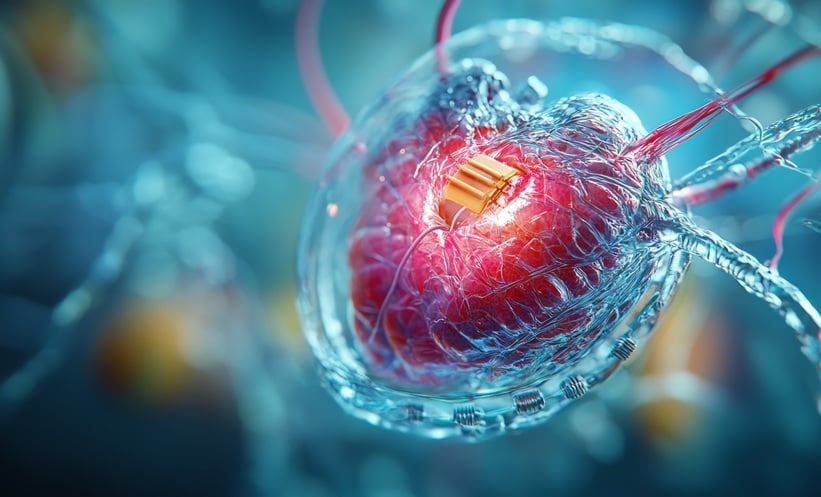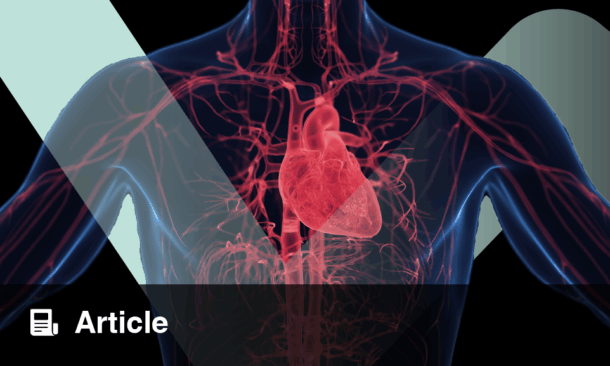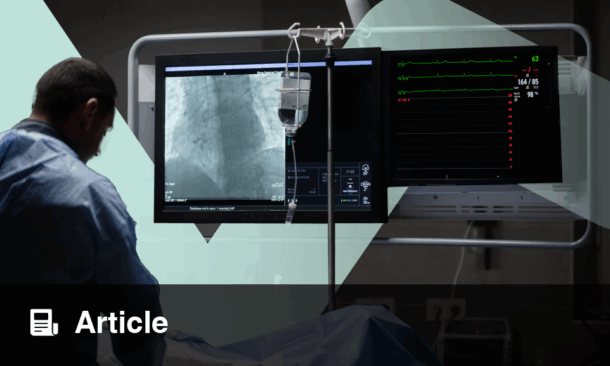FAT surrounding our blood vessels can help to fight heart disease, reducing the risk of heart attacks, according to research presented at the British Cardiovascular Society Conference in Manchester, UK.
The studies, led by British Heart Foundation Research Fellow Prof Charalambos Antoniades, Associate Professor of Cardiovascular Medicine, University of Oxford, Oxford, UK, may help explain why the paradox exists whereby those with a body mass index (BMI) signifying obesity are actually likely to live longer after a heart attack than those with a healthy BMI.
By analysing tissue collected from patients undergoing heart surgery, Prof Antoniades and colleagues have shown that the heart, and the arteries supplying blood to it, send out distress signal to the fat surrounding these tissues to activate a defence mechanism against the early stages of coronary heart disease (CAD).
The research revealed that during oxidative stress, the fat surrounding the vessels and heart releases chemicals that minimise this oxidative stress and help to prevent the development of CAD. These chemicals are anti-inflammatory to minimise inflammation caused by oxidative stress and anti-oxidant to target the damaging process itself.
Prof Antoniades said: “Fat has a bad reputation but we are learning more and more about how and why certain types of fat in the body are actually essential for good heart health. These findings are an important step towards a treatment that ensures this fat stays on-side throughout our lives to help prevent heart disease.”
The team are now analysing how these processes can be weakened if the fat is unhealthy, for example if a person has Type 2 diabetes. They are developing treatments to reverse this so that this fat continues to have a positive influence.
By using a newly developed technology based on high-resolution computerised tomography, the researchers are also trying to monitor the behaviour of fat in the human body and guide future therapeutic interventions to prevent cardiovascular diseases. This may allow doctors to detect the earliest stages of heart disease and urgently direct treatment to prevent its development, which may eventually result in a heart attack.
Stacey Rivers
(Image: freeimages.com)







